- Introducing the Musical Piano for Little Maestros: A Symphony of Benefits for Girls Age 3 and Up!
Early Musical Education: A musical piano introduces young girls to the world of music at an early age, laying the foundation for future musical appreciation and understanding.
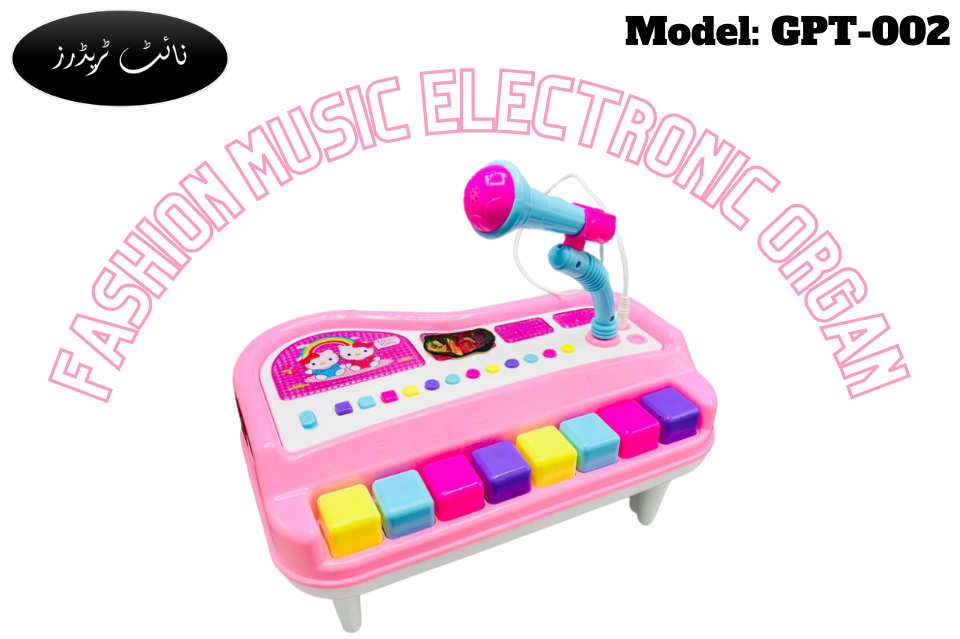
Fine Motor Skills Development: Playing the piano involves pressing keys, which aids in the development of fine motor skills. This is crucial for tasks such as writing, buttoning, and other activities that require precision.
Hand-Eye Coordination: Coordinating hand movements with visually tracking the keys enhances hand-eye coordination. This skill is fundamental for various daily activities and is honed through the interactive nature of playing the piano.
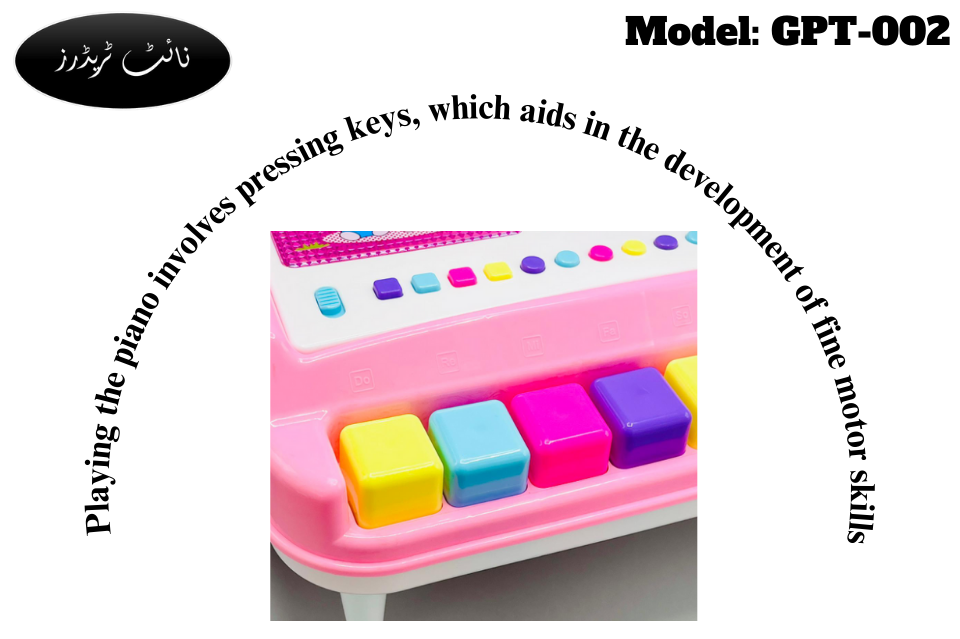
Cognitive Development: Learning to play simple tunes on the piano stimulates cognitive development. It involves memorization, pattern recognition, and understanding cause-and-effect relationships, fostering intellectual growth.
Creativity and Self-Expression: The piano provides a creative outlet for self-expression. Girls can experiment with different sounds, create their melodies, and express their emotions through music, promoting creativity and individuality.
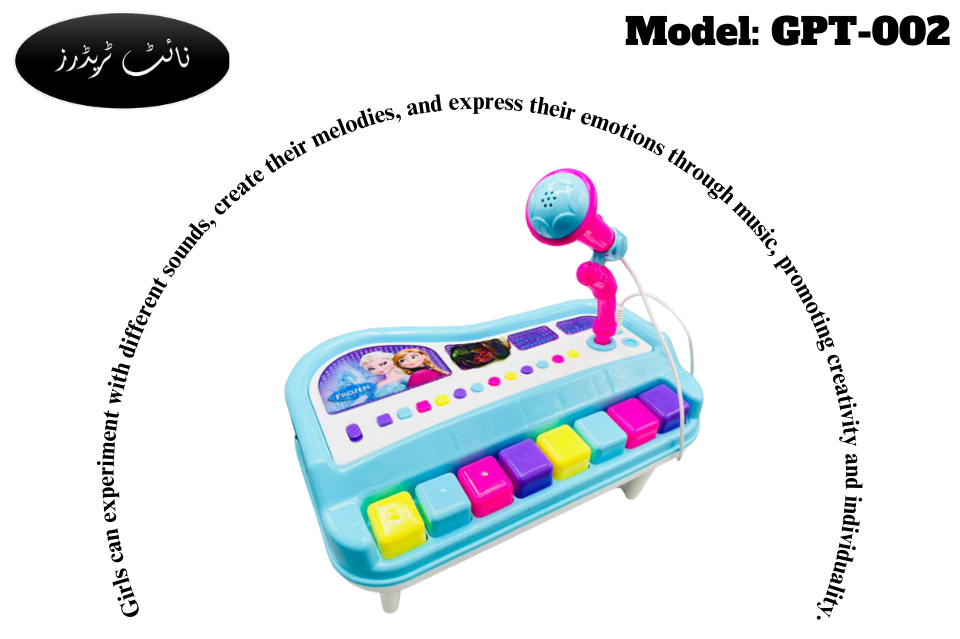
Emotional Development: Playing and listening to music can evoke emotions. The piano becomes a tool for girls to understand and express their feelings, contributing to emotional intelligence and well-being.
Introduction to Rhythm and Timing: Learning to play the piano involves understanding rhythm and timing. This early exposure to musical elements contributes to a sense of timing and rhythm, which can be beneficial in various activities.
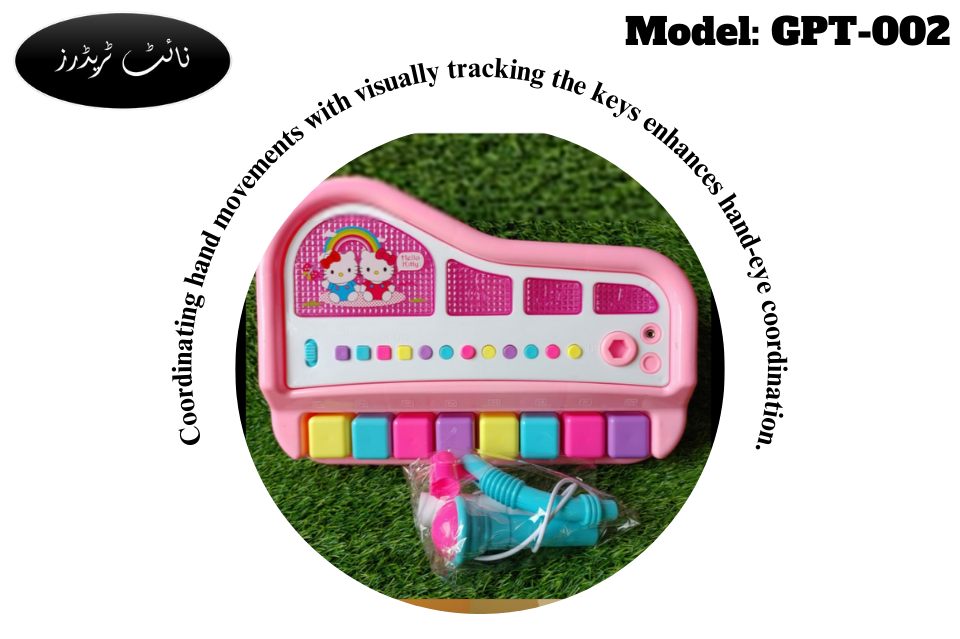
Boosts Confidence: Mastering simple melodies or creating their tunes on the piano provides a sense of accomplishment, boosting confidence in young girls. This positive reinforcement encourages a can-do attitude.
Social Interaction: If girls participate in group music activities or lessons, the piano becomes a platform for social interaction. Collaborative music-making fosters teamwork, communication, and the joy of shared experiences.
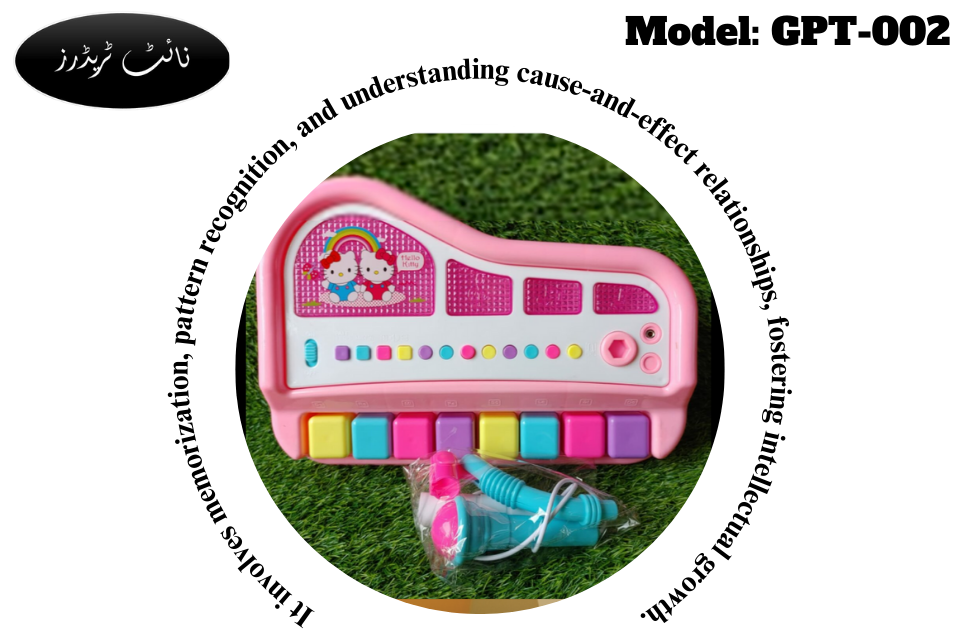
Auditory Discrimination: Playing the piano helps develop auditory discrimination skills, as girls learn to differentiate between various pitches and tones. This skill is foundational for language development and musical appreciation.
Cultural Awareness: Exposure to music through the piano can introduce girls to different styles and cultures. This early multicultural awareness expands their horizons and appreciation for diversity.
Relaxation and Stress Relief: Music, including piano playing, has been shown to have relaxing and stress-relieving effects. Girls can use the piano as a means of relaxation and self-soothing, promoting emotional well-being.
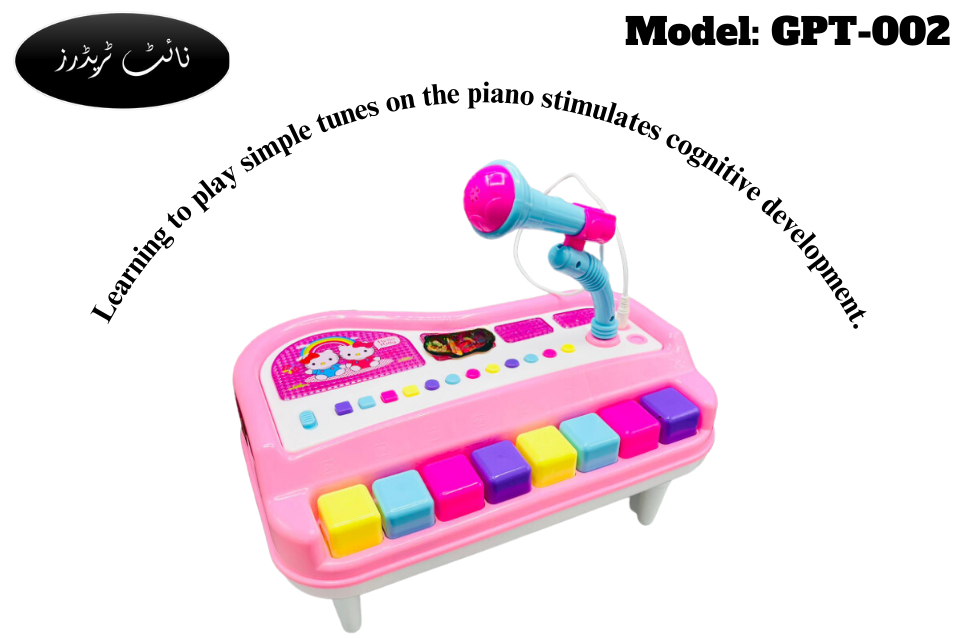
Educational Foundation: Learning to play the piano provides a strong educational foundation for future musical pursuits. It instills discipline, perseverance, and a love for learning that can extend beyond music into other areas of education.
Life-Long Skill: Musical skills acquired through piano play can be a life-long asset. Whether pursued professionally or enjoyed as a hobby, the ability to play the piano is a skill that can bring joy and fulfillment throughout one's life.
- The musical piano is not just a toy; it's a gateway to a world of benefits that promote holistic development for girls aged 3 and above, making it a delightful and enriching addition to their early years.



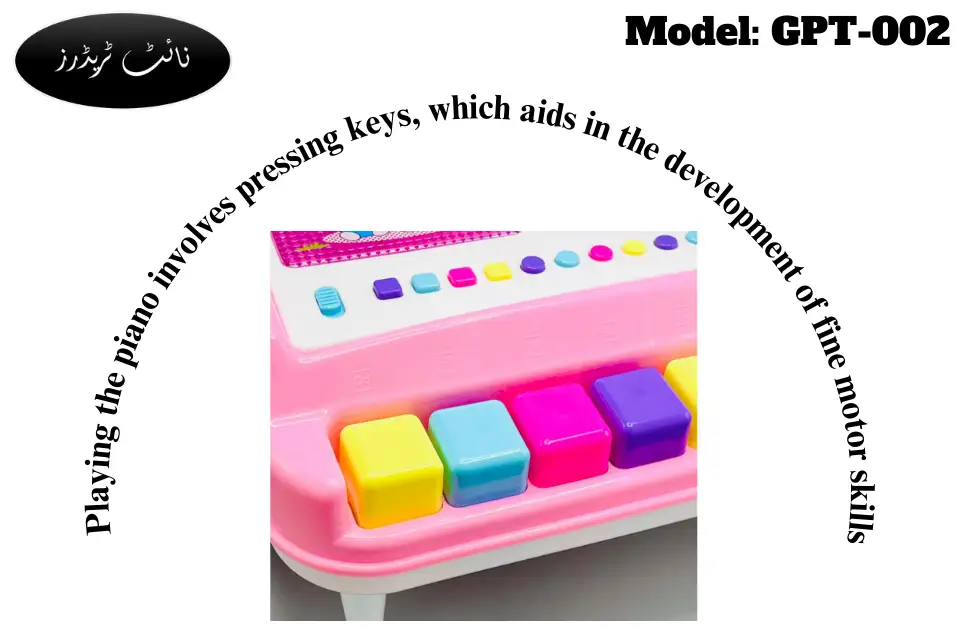
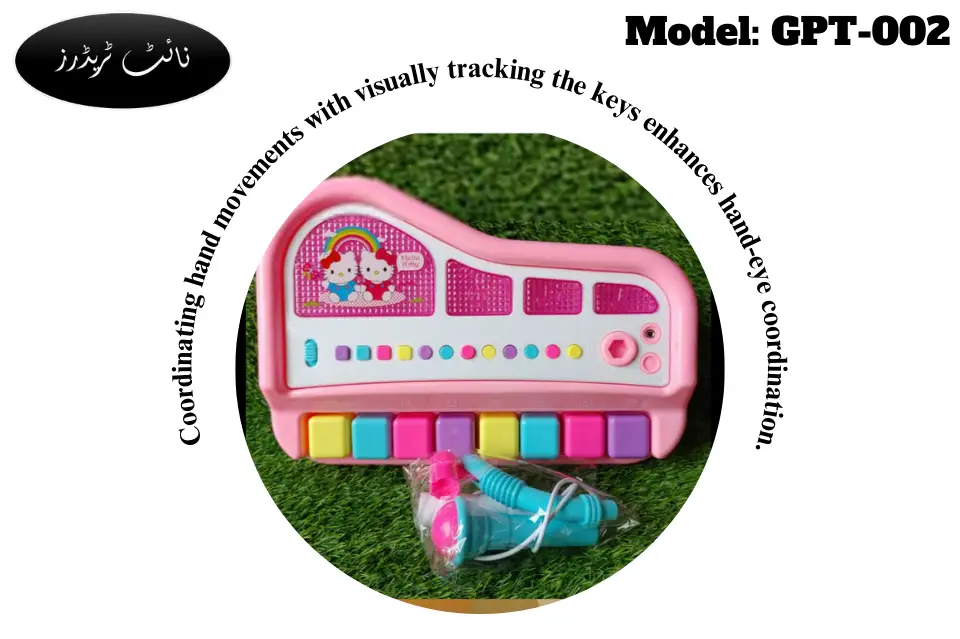
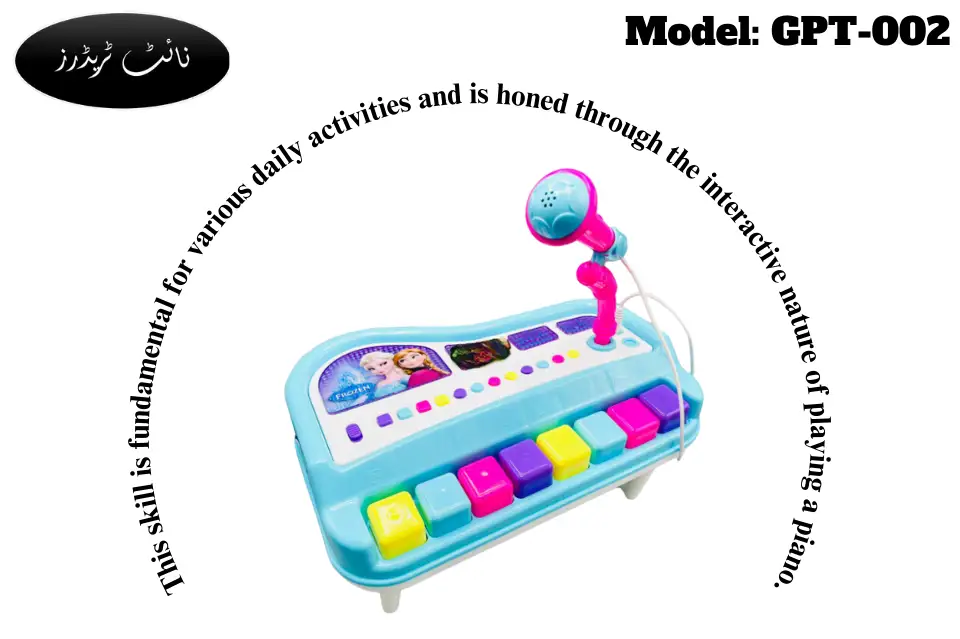
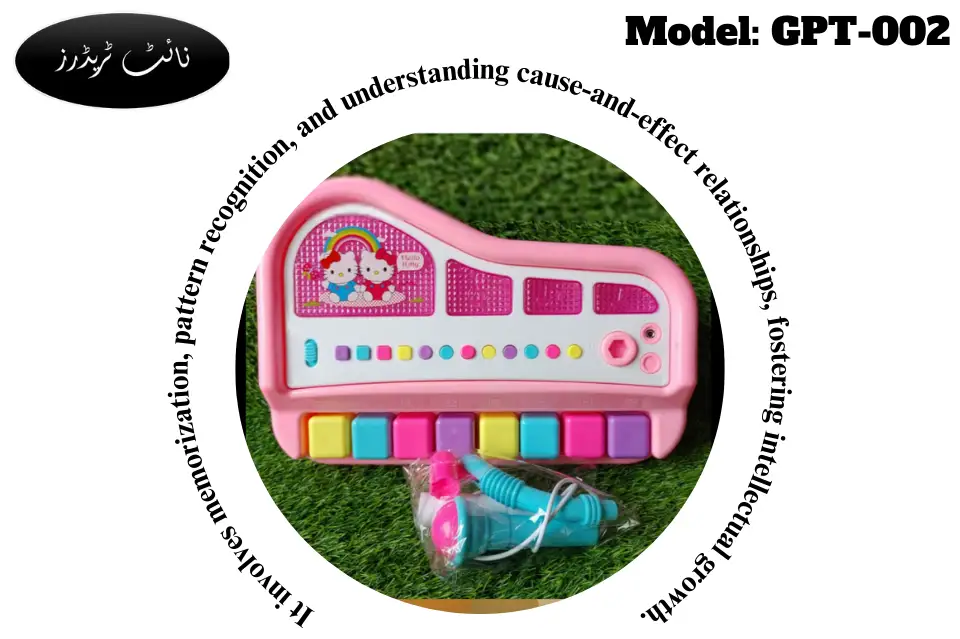
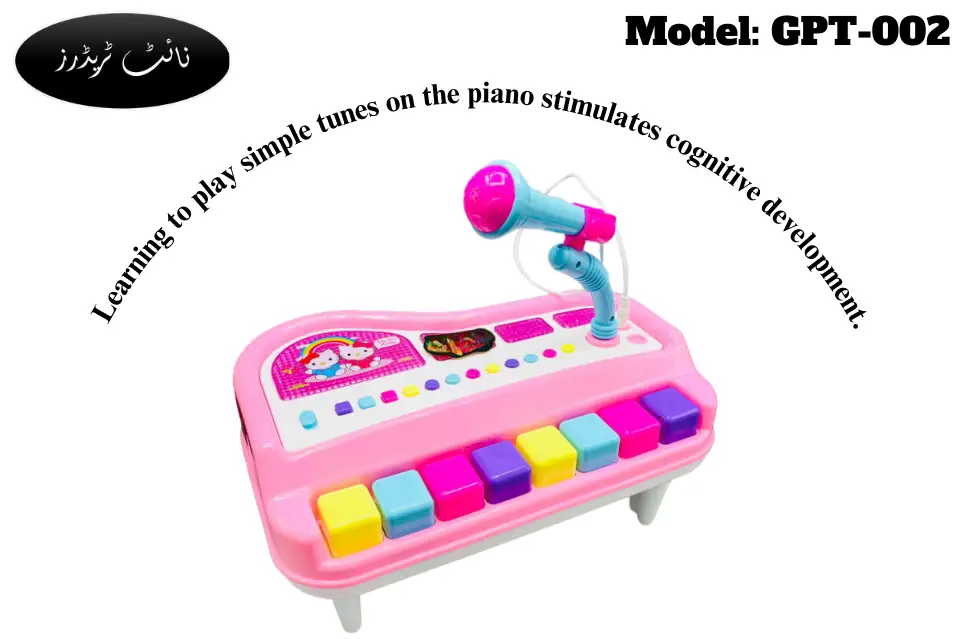
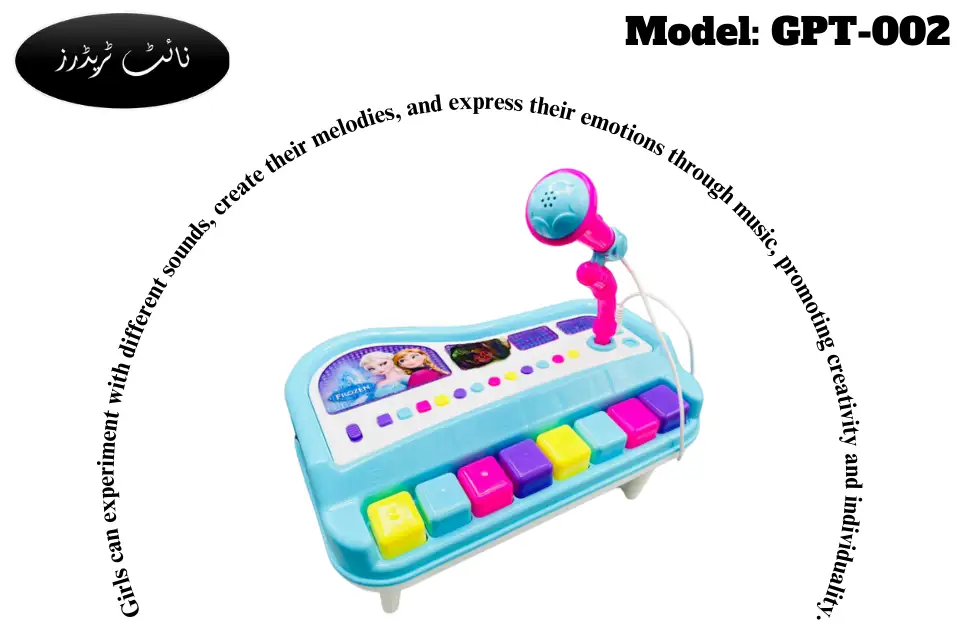

 Original store product
Original store product.png) 100% trusted shop
100% trusted shop
.png)
.png)





















